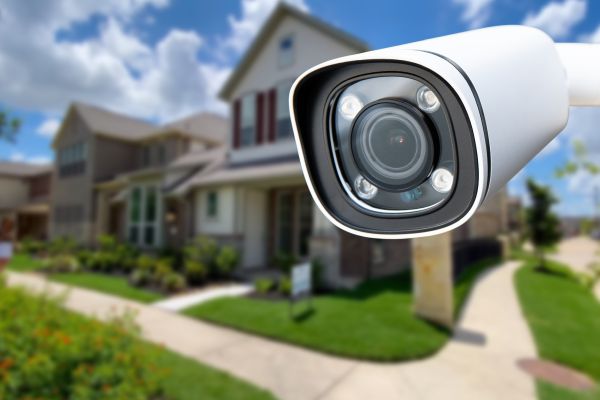Know the Law: Is It Legal To Install and Record Security Cameras and Video Doorbells In Canada?
Sunday, June 9, 2024 — 0 Comments
Security cameras are increasingly common place as home and business owners look to protect themselves from criminal activity, personal or business liability issues. Before you install a security camera you may want to check to see if what you’re installing is legal or against the law. It’s important to understand how privacy laws impact your installation.
Note that there may be specific nuances depending on the province or territory, buildings like hospitals, doctor’s offices, schools or government buildings. Additionally, there may be restrictions on how the recordings can be used so it’s advisable to seek legal counsel and follow some of the best practices mentioned in this article.

Public vs Private Spaces
Generally speaking, the law considers the reasonable expectation of privacy when it comes to determining if it’s legal to capture or record video. For example, in a public space like a shopping mall, street or park, there isn’t any expectation of privacy. People would expect to be seen in these areas and video recording would typically be acceptable in this case.
In a private space the rules are different. There is a reasonable expectation of privacy in one’s home, in their back yard, in a bathroom or change room for example. It may be illegal to capture or record video in a private space without consent. Likewise in any space where one could reasonably be expected to be naked, recording is typically not permitted. In fact it could be considered voyeurism in section 162 of the criminal code.
Residential Video Cameras and Video Doorbells
Homeowners generally have the right to record video within their own home and property including outdoor areas like driveways and front yards. However care must be taken not to point cameras at a neighbour’s home or yard as this could potentially violate their right to privacy.
What About Audio
In Canada, most provinces allow audio recording as long as one of the participants in the conversation consents to the recording.
Is It Legal to Install a Nanny Cam?
This can be a complex topic, however generally speaking in most provinces it’s legal to use a nanny cam to record video in your own private residence without obtaining consent. But once again consider the reasonable expectation of privacy. For example a video camera would not be recommended in bedroom or bathroom at least without consent of all parties.
Are Video Doorbells Legal?
Video doorbells are legal to use but take care to not to aim them into someone else’s private space.
Best practices for Security Cameras and Video Doorbells
-
Signage should be posted to advise that the area is under video surveillance. Signs should be clearly visible. It may be best practice to post signs in English and French, and in stores or buildings where multiple languages may be spoken, signs should be posted in multiple languages.
-
Aim cameras so they are capturing your own property and expected public areas like a driveway. Avoid aiming them in a way that may capture people in their own private spaces or where they would expect privacy.
-
Secure and protect your recordings particularly if sensitive information is recorded.
-
Consult local authorities and seek legal advise to ensure your installation meets
Security cameras, video doorbells and nanny cams can be useful tools to provide peace of mind, security, protection against criminal activity and as evidence in case of a crime. But it's important to understand how and where cameras may be installed and recordings may be used. It's best to err on the side of caution and consider the reasonable expectation of privacy when installing and aiming your cameras. Avoid areas where people would expect their privacy to be maintained.



